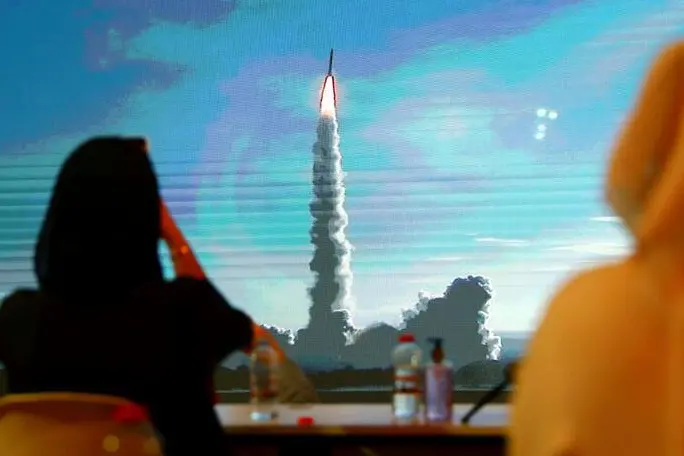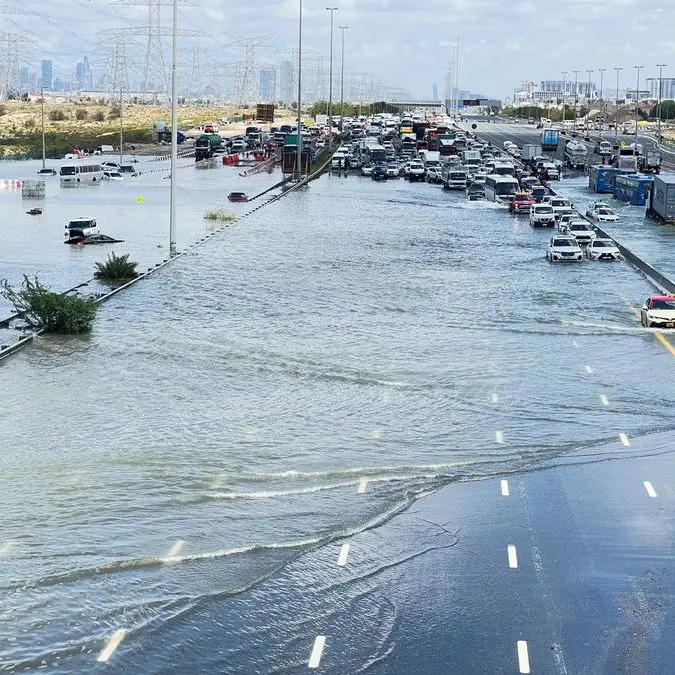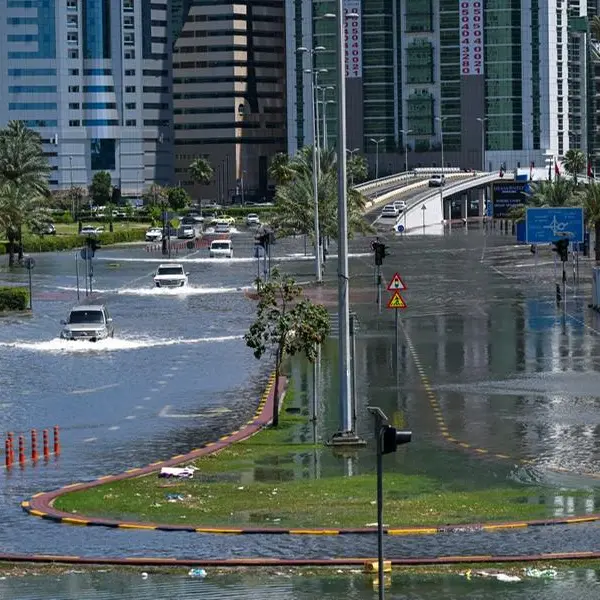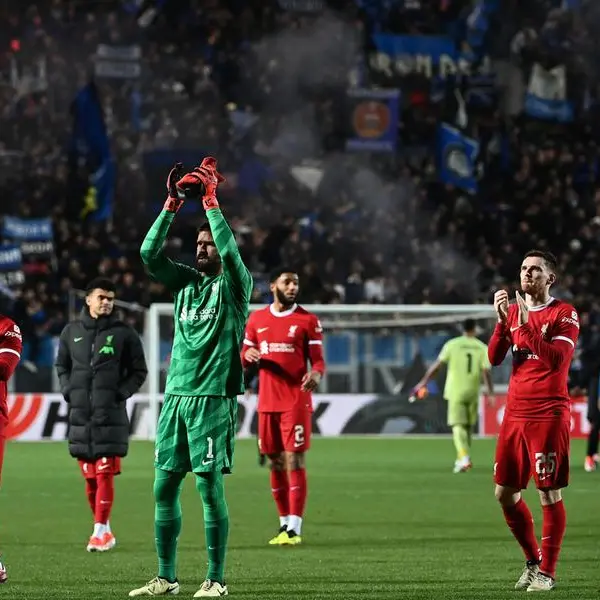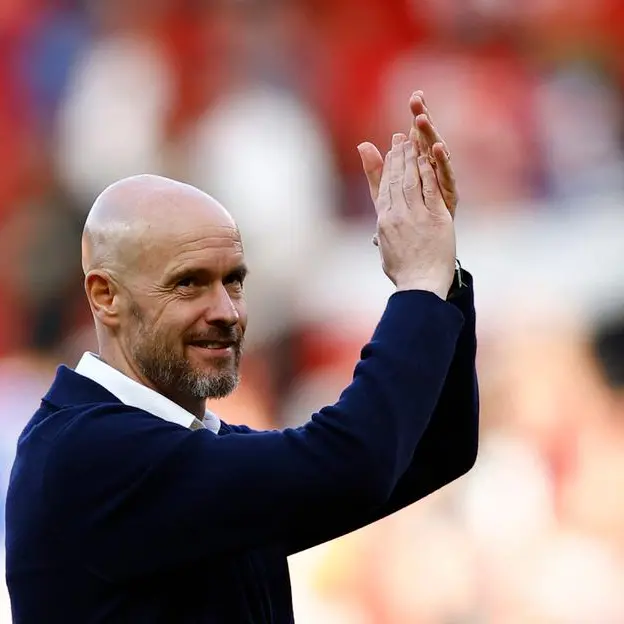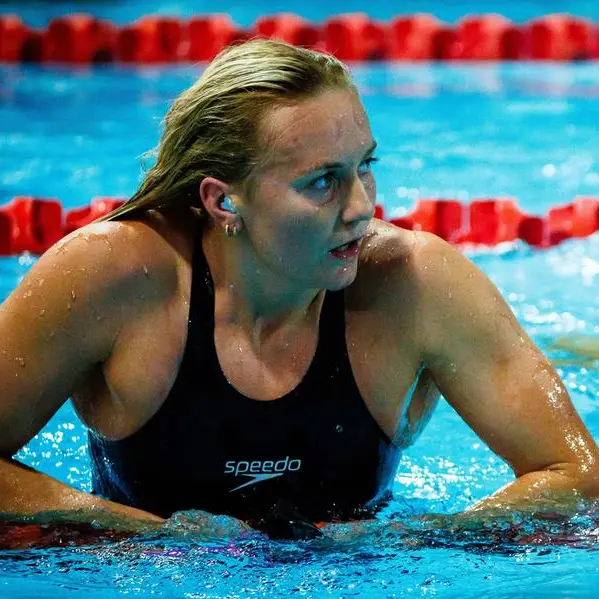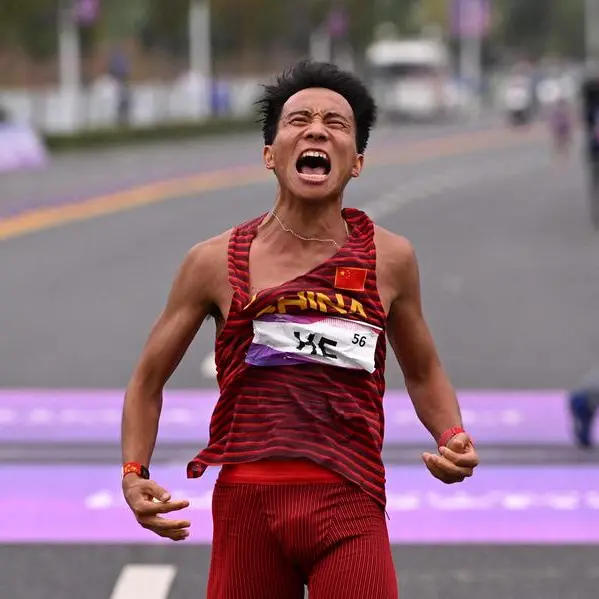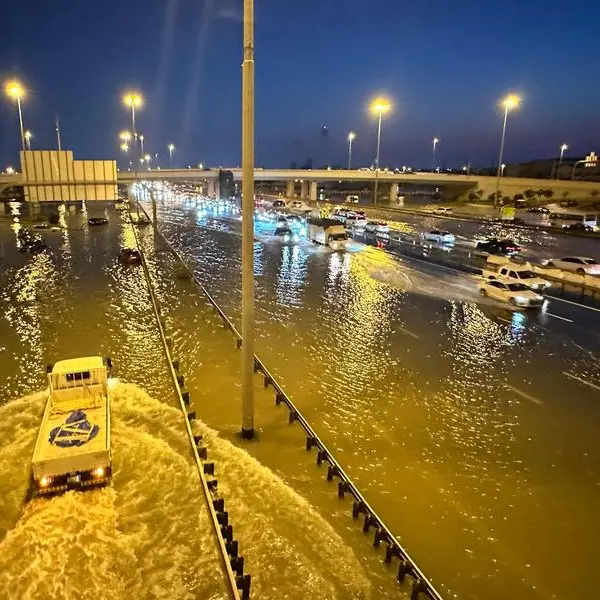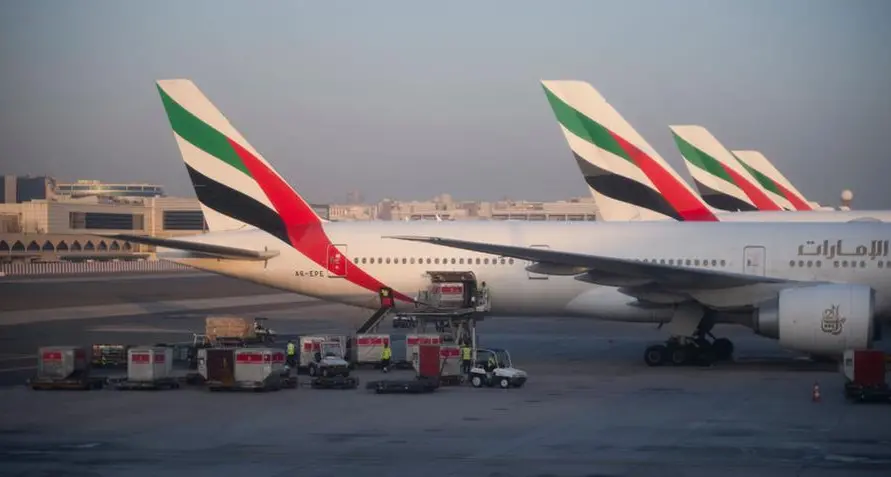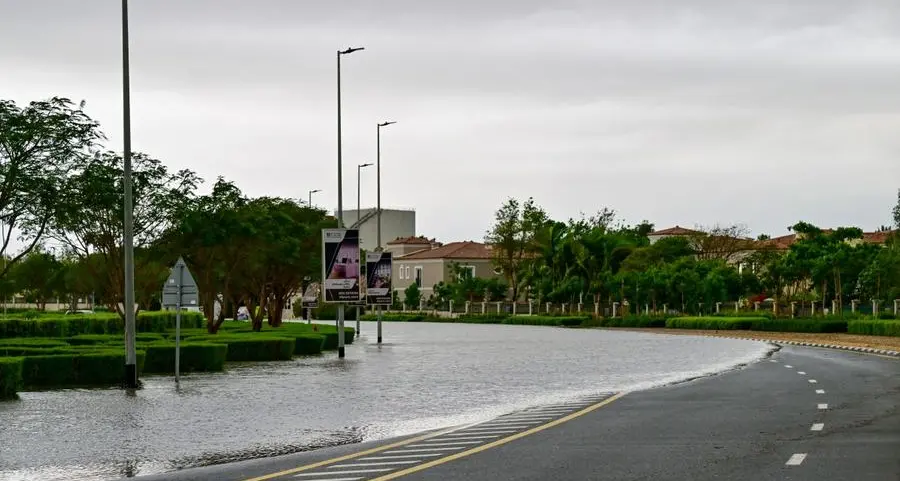PHOTO
Members of the Crew One - the recently chosen two analogue astronauts, for the first time, opened up about their upcoming training in Moscow and the challenges that lay ahead.
Analogue astronauts, Abdallah AlHammadi and Saleh AlAmeri, shared insights about their training as part of the Emirates Space Simulation Project and their international training’s strategic roadmap during a virtual media briefing organised by the Mohammed Bin Rashid Space Centre (MBRSC) on Sunday.
Their training is a part of the Emirates Space Simulation Project within the Scientific International Research in Unique Terrestrial Station (SIRIUS) 21/21 mission.
Shedding light on the challenges that lay ahead during their training in Moscow, Russia, Saleh AlAmeri said, “We have many challenges during, and before the mission. One of them is that in Moscow we will experience a new culture, language, and interact and deal with many people from various nationalities. So, that according to me is one of the biggest challenges. The other challenge is about conducting all the experiments successfully and completing the mission without having any injuries.”
Elucidating on what he will miss during the mission’s tenure, Saleh adds, “The most important thing that I will miss during the mission is the environment of the UAE, our families and friends and the MBRSC team. But we will be in contact with them during our free time.”
An eight-month international mission that’ll begin in November is set to be conducted at the NEK facility in Moscow. The SIRIUS series’ primary purpose is to understand the effects of isolation and confinement on the human body.
Recently, the two astronauts (one primary, one backup) were trained on how to construct and maintain the space facilities they will be using along with different pre-mission experiments.
During the mission, the Crew One astronauts will conduct over 60 different experiments across a wide range of physical, psychological, immunological, and other tests.
AlHammadi, opined, “Another challenge is to do the experiments successfully, get proper results, and transfer data for the use of the public.”
Shaikha AlFalasi, Science Lead, Analogue Mission, explained, “Experiments are not something out of the box, they are based on the mission. The bigger challenges are the medical implications of isolation, which are very hard on the human body. Take Covid-19 for instance. We were at home for a period of time and it was difficult for us mentally, and physically as well. So, there will be a lot of medical outcomes. Why is it eight months we are asked? That’s because a typical journey in outer space and going to Mars will range from seven to eight months. So that’s like a simulation of the actual mission, take off, landing etc. So that’s the objective of the mission’s scenario.”
Copyright © 2021 Khaleej Times. All Rights Reserved. Provided by SyndiGate Media Inc. (Syndigate.info).
